Yearly phone refreshes are nothing new, and have somewhat led to a shopping tradition among tech fans and smartphone enthusiasts, who are always on the lookout for the latest and greatest hardware from their favourite brands. A new phone means that you’ll get the latest specs and software, as well as a shiny new toy to play with.
This is rather evident with the Pixel 8 Pro, as Google has included several new changes which make for a tempting upgrade over its predecessor. In the case of the more affordable base model Pixel 8 however, a quick glance seems to indicate more similarities with last year’s Pixel 7, although is this really the case?
READ: It’s Finally Here: Meet the Google Pixel 8
Design and Display
While the Pixel 8 retains the general look that Google introduced with the Pixel 7 phones, there are some tiny differences when it comes to design. For one, the Pixel 8 comes with a smaller profile thanks to the 6.2-inch display, in addition to rounded corners. Going over at the back, there’s a larger camera window as well.
![]()
While some might call the design repetitive, it’s great to see Google sticking with a more unique design to establish brand identity. While the Pixel 4 and 5 series phones did share a similar style, the “square camera island in the left corner” look was overused at that point, and this new hardware design language certainly sets it apart from the rest of the competition.
As mentioned, the Pixel 8 has a smaller screen than its predecessor, although apart from size, the display on the Pixel 8 comes with some big improvements. It’s brighter thanks to a peak brightness of 2000 nits, which literally outshines the 1400 nits of maximum brightness on the Pixel 7. It also features a much smoother 120Hz refresh rate, versus the lower 90hz display on last year’s model.
![]()
While the resolution stays the same, there’s not much to complain about the display on the Pixel 8 – the brighter and smoother display are most welcome improvements, after all. Although we have to say that Google’s continued use of an optical fingerprint sensor in the Pixel 8 is a bit disappointing, given that most other manufacturers use faster and more accurate ultrasonic sensors in their devices.
READ: The Best Pixel 8 Cases You Can Buy
Internal Specs
Things get a bit more exciting on the inside however, as Google has equipped this year’s Pixel series phones with the Tensor G3, its newest chip. Manufactured with a 4nm process, Google says that the Tensor G3 comes with improvements to performance, power efficiency, and even thermal management, the last two of which were considerable issues on the Pixel 7.
The Tensor G3 also builds on the AI capabilities of Google’s previous chipsets, allowing for more powerful generative AI capabilities, which will be interesting to see in the long run, given Google’s promise of lengthy software support in addition to adding more Pixel-exclusive features over time.
With that in mind however, it’s clear that the Tensor G3 continues the trend of providing a better “smartphone experience” with AI, versus the usual route that most manufactures go with, which is usually just packing in a powerful chip in their phones and moving on.
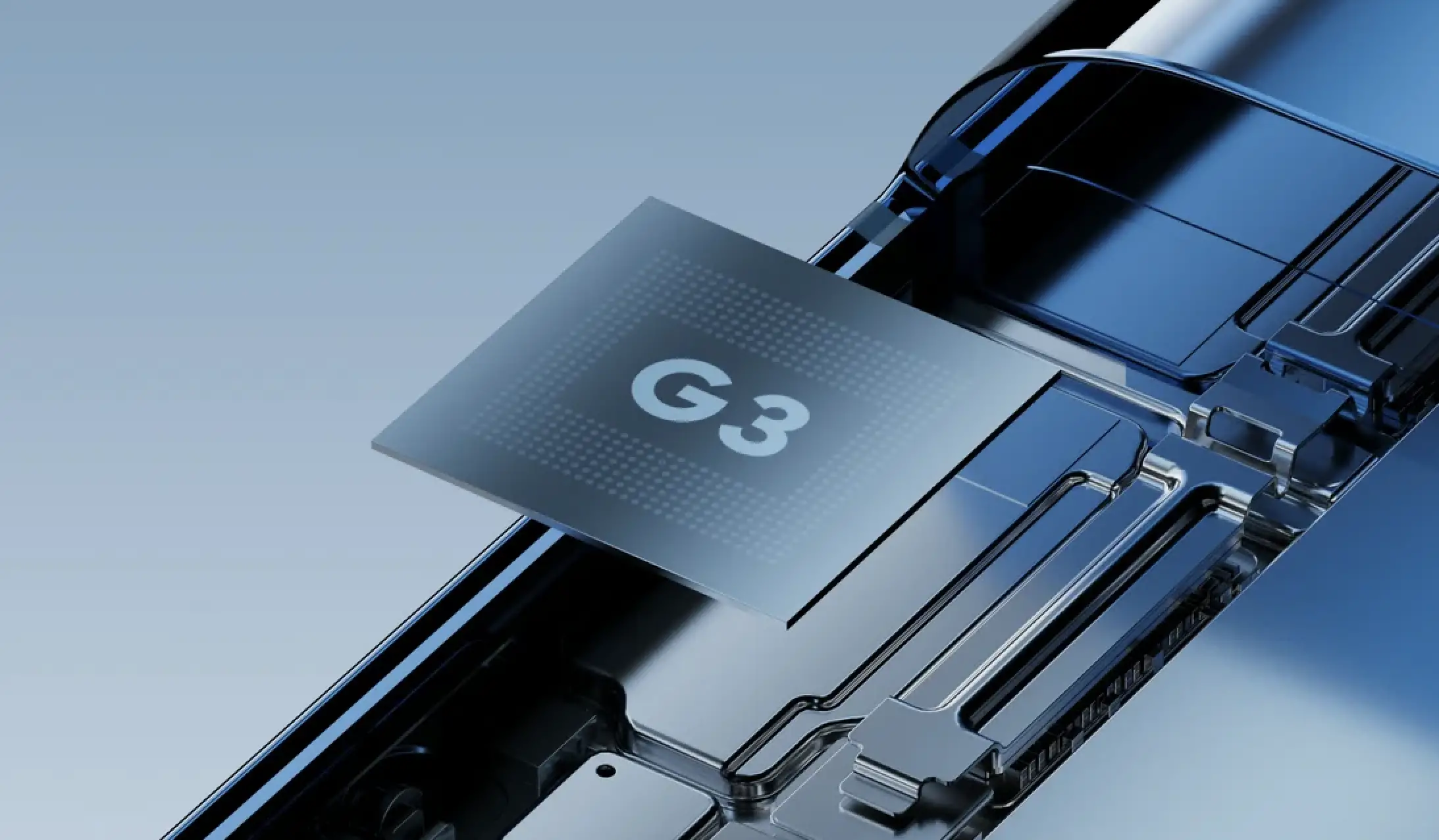
Aside from the newer chip though, not much has changed with regards to the Pixel 8’s memory and storage configurations. You get 8GB of RAM and 128GB of non-expandable storage as on the standard Pixel 7, with the option of a more spacious 256GB model. On the other hand, battery capacity has increased from 4,355 mAh to 4,575 mAh, with a faster 27W wired charging speed.
Camera Hardware
As for cameras, the Pixel 8 comes with a setup that’s barely changed from the Pixel 7, especially in terms of resolution. Both phones sport a 50MP main camera with a 1/1.31″ sensor, although the Pixel 8’s main camera comes with f/1.7 aperture, versus f/1.9 on the 7. The same can be said for the 12MP ultrawide sensor, which mostly stays similar.
![]()
For the front camera, the Pixel 8 does feature a 10.5MP sensor, a difference of .3 megapixels less than its older brother. Video capabilities remain mostly the same at a maximum of 4K resolution at 60fps, although we’ll be sure to update this with comparisons once our camera review hits the airwaves.
That’s not to say that images and video shot on both phones will remain exactly the same – there’s still the computational processing involved, and given the advancements stated by Google with the Tensor G3, it should be interesting how the newer processing within the Pixel 8 will turn out, at least in terms of imaging capabilities.
Pricing
![]()
As for retail price, the Pixel 8 is more expensive this time around, priced at $699, versus the more appealing $599 price tag on the Pixel 7, although the latter can be had for much less right now. As such, users looking for a more affordable Google phone might want to go for last year’s model, although they will lose out on some of the improvements that we mentioned above.
Another factor to consider is that the Pixel 8 will come with up to seven years of software support, versus the Pixel 7 which will only get up to five years. Of course this promise from Google still remains to be seen at the moment.
Despite some similarities, it’s clear that this year’s newest Pixel has some advantages to it – so will you be upgrading to the Pixel 8, or will you be keeping your Pixel 7 instead? Let us know in the comments below!
Note: this article may contain affiliate links that help support our authors and keep the Phandroid servers running.



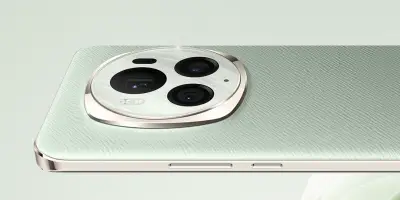
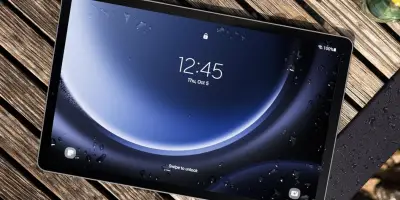
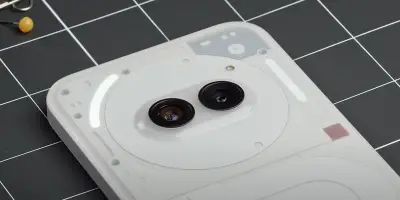

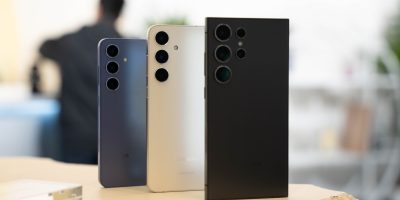
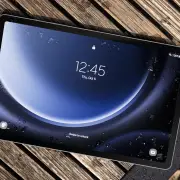


Comments